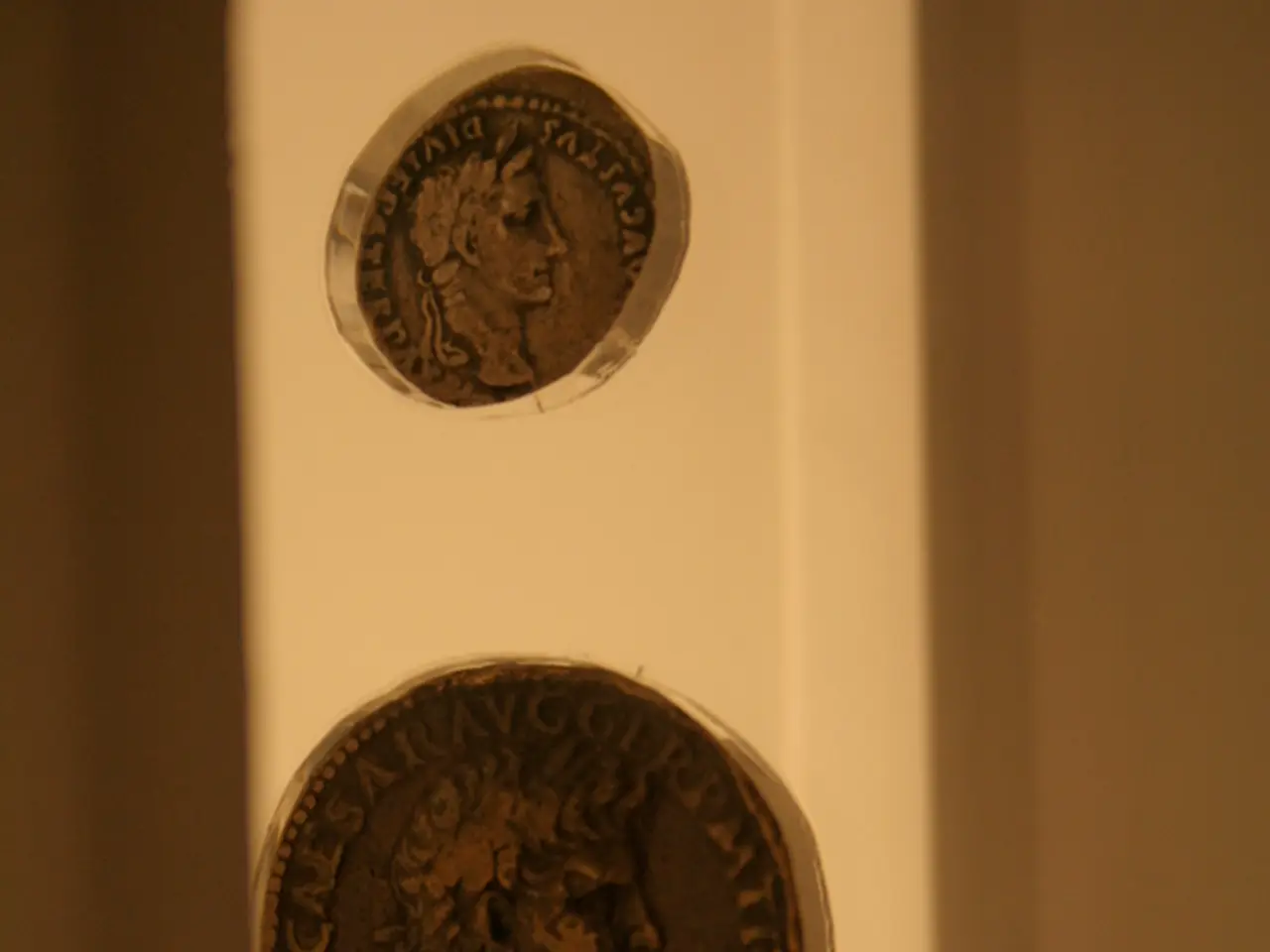Individual deposits a stack of coins at the Belarus bank
In a recent incident in Gomel, Belarus, a resident shared on TikTok his experience of a bank employee refusing to accept a bag of Belarusian coins. While the resident was collecting change in coins and had about 40 rubles, which he wanted to use to top up his card, the bank employee argued with him in an aggressive tone and refused to count the coins, stating she didn't have a special machine for counting coins.
This practice, though not widely reported as illegal, is a common and legal banking practice under certain circumstances. Banks typically have the right to set limits or refuse large deposits in coins due to operational challenges such as handling costs, counting, and storage limitations. While laws differ by country, it is generally not unlawful for banks to refuse bulk coin deposits if they communicate their policies transparently.
In Belarus, there is no publicly available evidence that banks must accept large quantities of coins without limitation. Given the economic and banking context in Belarus, which includes sanctions impact and operational difficulties, banks may exercise discretion in accepting coin deposits. The legal framework often requires banks to accept coins as legal tender, but practical exceptions exist, especially with very large or unusual coin deposits.
The incident on Telman Street in Gomel sparked a lively discussion on TikTok, with mixed opinions among commenters. Some users suggested that the bank employee's actions were due to self-will and that the problems she listed were not grounds for refusing to accept money. Others, while not excusing the rudeness, acknowledged the potential difficulty in counting a large amount of coins. Many commenters pointed out that counting money is a cashier's direct responsibility.
Despite the controversy, many commenters offered advice to those experiencing similar situations. The resident was advised to ask for the branch manager in such cases. Some suggested deliberately collecting coins to test the bank employee's willingness to accept them. Others recommended counting the coins and stating the total amount.
Coins are in high demand in retail trade and services. Any gas station would be eager to accept coins. However, it is essential to note that the specific circumstances of each case may vary, and banks have the discretion to set their policies regarding coin deposits.
In conclusion, while the refusal by a Belarusian bank to accept large amounts of coins may seem unusual, it is likely legal and a somewhat common practice, especially during times of economic strain or due to operational constraints related to coin handling. It is always advisable to check with the bank's policies and, if necessary, seek assistance from a bank manager or supervisor.
- In light of the operational challenges and potential storage limitations that banks might face, it is plausible for such institutions to set limits on coin deposits, as suggested by the banking and financial context in Belarus.
- Given the economic sanctions impact and the legal framework in Belarus, it isn't unlawful for banks to refuse large coin deposits, especially when there's a lack of transparency in their policies, as shown in the incident on Telman Street in Gomel, Belarus.




